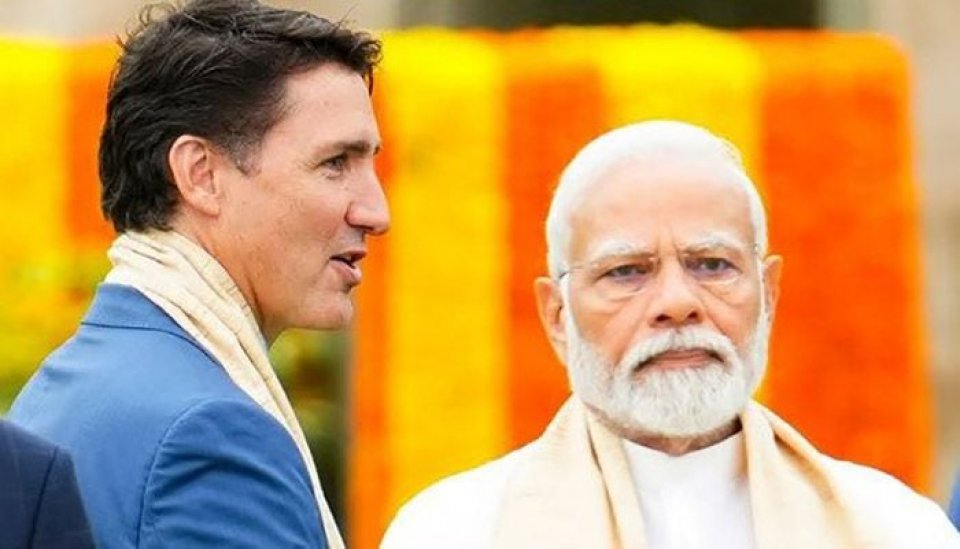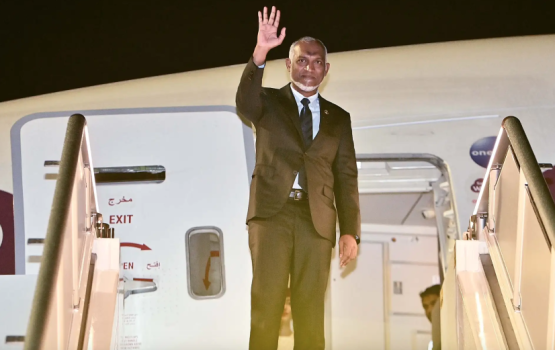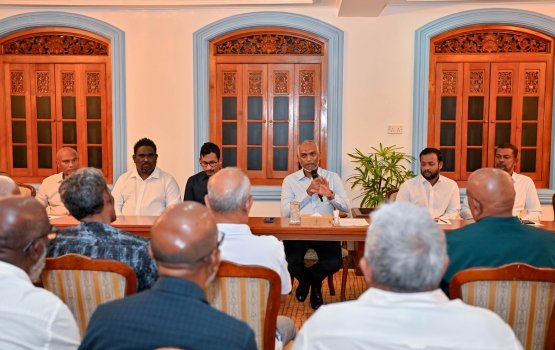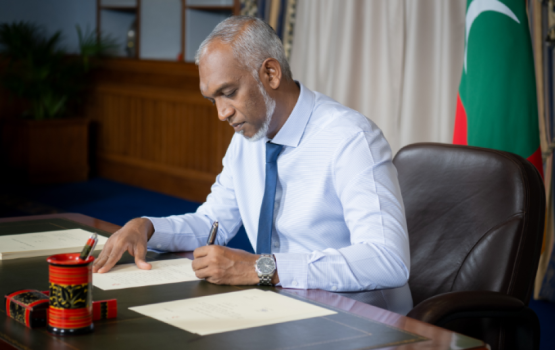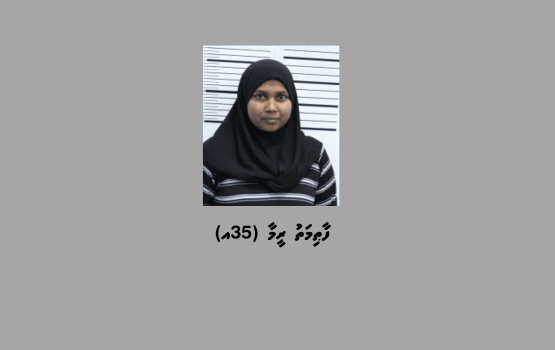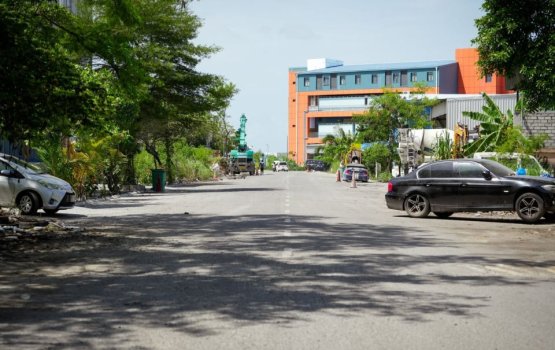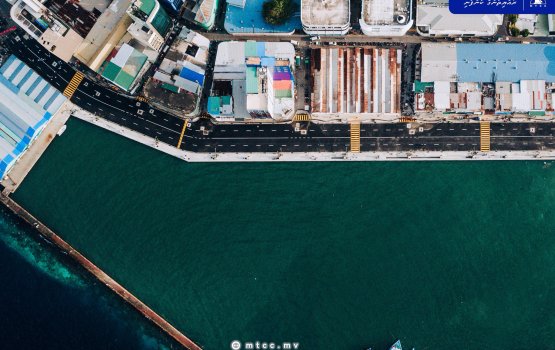The United States and the United Kingdom are both backing Canada in its dispute with India over parity in diplomatic presence. They have accused India of violating the Vienna Convention on diplomatic relations.
Both have urged New Delhi not to insist Canada reduce its diplomatic presence in India. They have also expressed concern after Ottawa pulled out 41 diplomats amid a dispute over the killing of Khalistani leader Hardeep Singh Nijjar.
"Resolving differences requires communication and diplomats in respective capitals. We do not agree with the decisions taken by the Indian government that have resulted in a number of Canadian diplomats departing India," the UK government said.
Canada withdrew 41 diplomats from India after New Delhi last month asked Ottawa to reduce its diplomatic presence following Justin Trudeau's allegations over Nijjar's killing.
Britain said it expects all states to uphold their obligations under the 1961 Vienna Convention on Diplomatic Relations. "The unilateral removal of the privileges and immunities that provide for the safety and security of diplomats is not consistent with the principles or the effective functioning of the Vienna Convention," it added.
Echoing UK government, the State Department said that it too is concerned by the departure of Canadian diplomats from India.
"Resolving differences requires diplomats on the ground. We have urged the Indian government not to insist upon a reduction in Canada's diplomatic presence and to cooperate in the ongoing Canadian investigation. We expect India to uphold its obligations under the 1961 Vienna Convention on Diplomatic Relations, including with respect to privileges and immunities enjoyed by accredited members of Canada’s diplomatic mission," it said.
Britain further added that it continues to encourage India to engage with Canada on its independent investigation into the death of Nijjar.
Khalistani leader Nijjar was gunned down on June 18 outside a Sikh cultural centre in Surrey, British Columbia.
India rejected allegations made by the Canadian government linking it to the assassination of Nijjar. In a statement, the ministry of external affairs (MEA) termed Trudeau's allegations 'absurd and motivated'.

